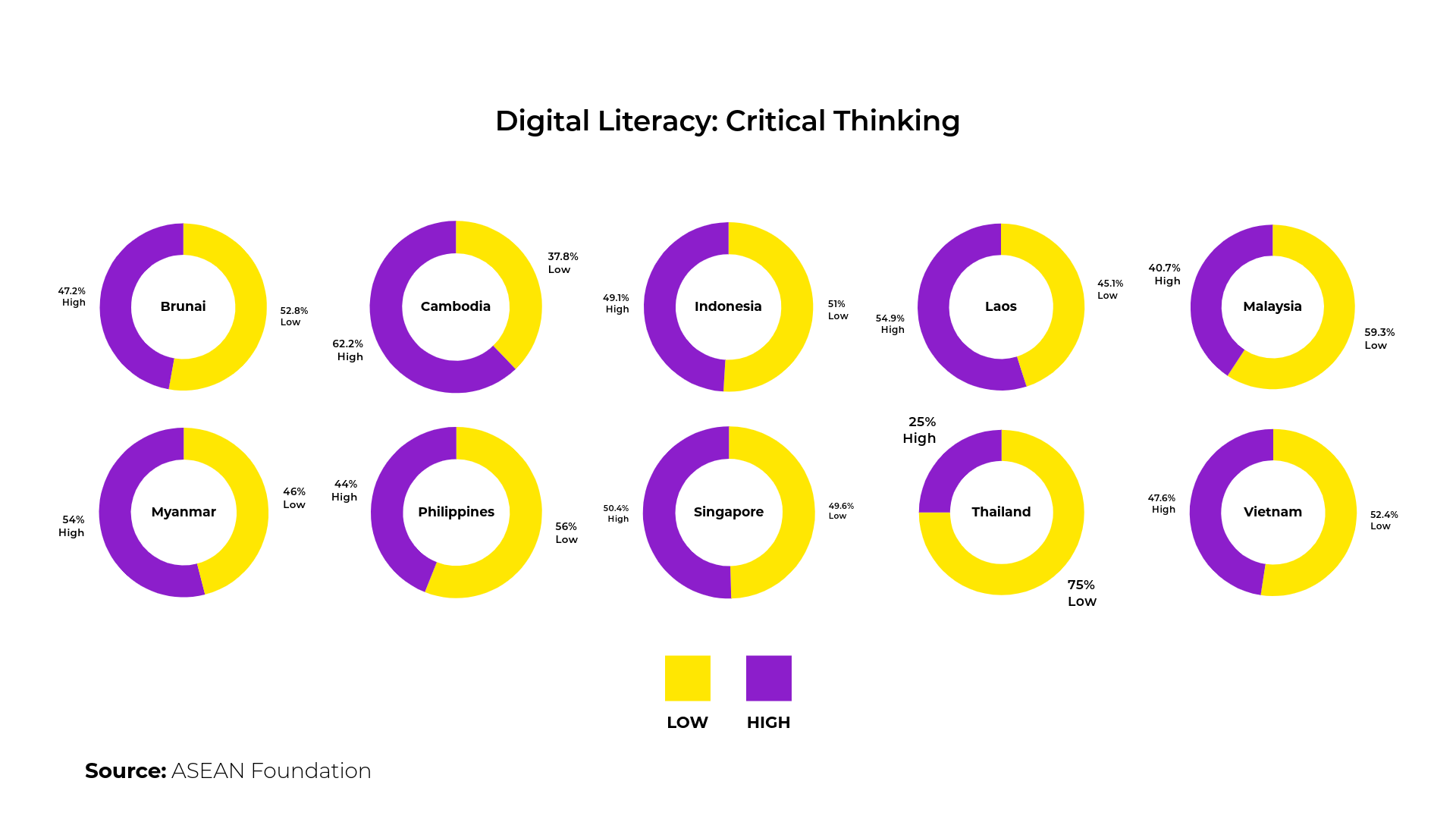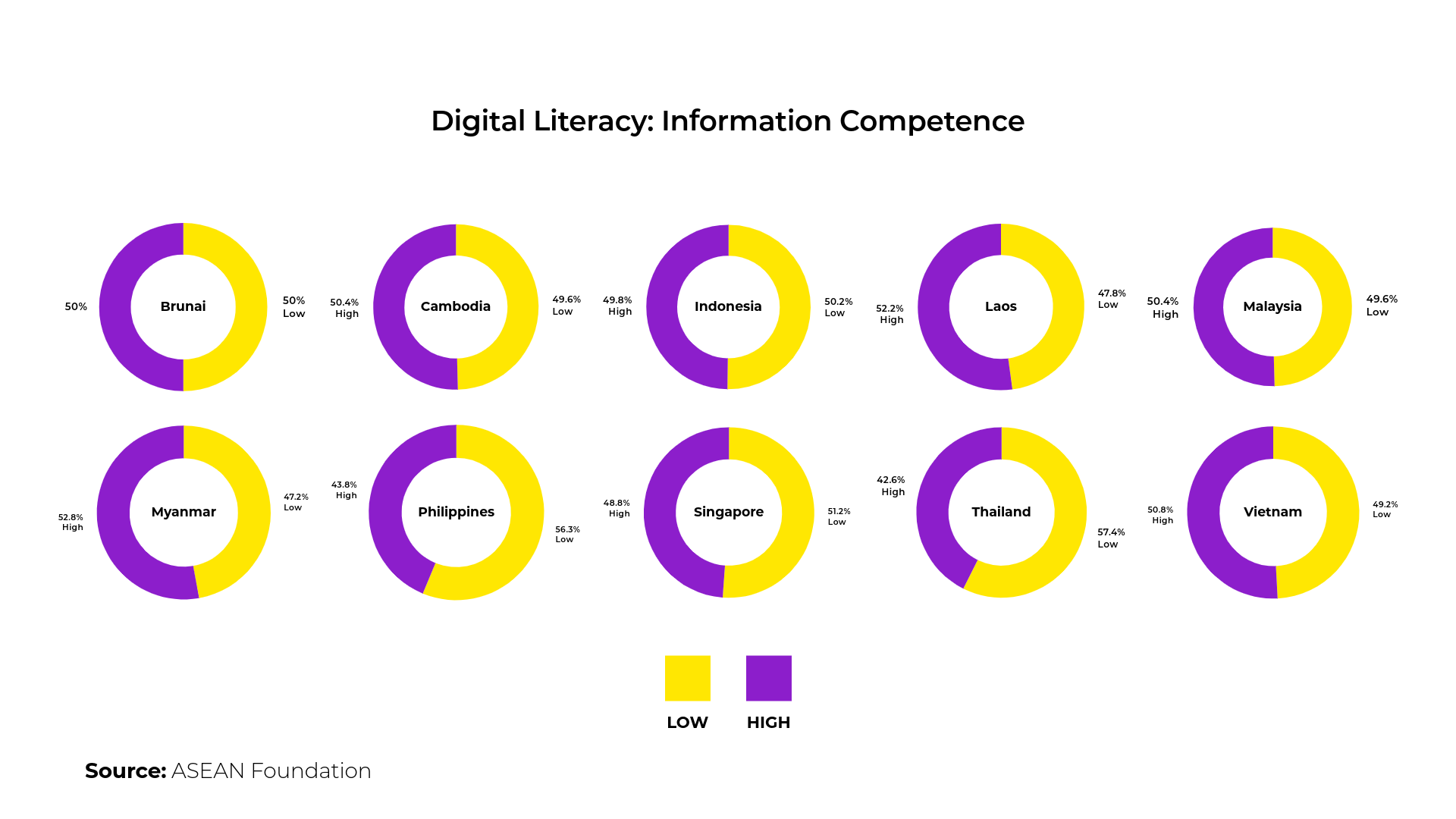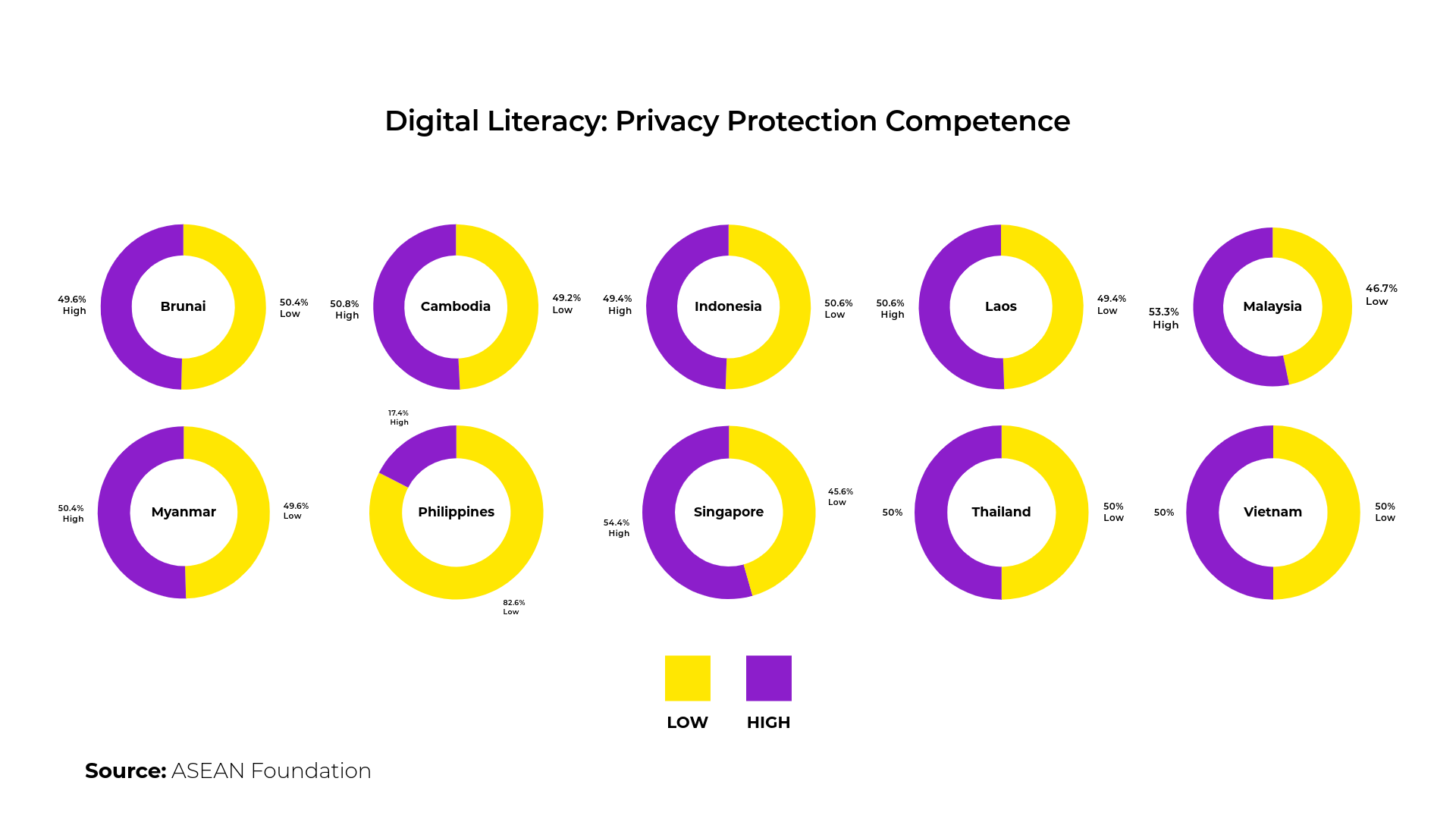Investing in Vietnam — Asia’s Bright Spot
Vietnam’s economy has been one of resilience and steady growth and this success was based on strong fundamentals and policies developed over the past three decades.
The rise and rise of ASEAN’s digital economy could be derailed if the bloc can’t foster a secure, innovative, and inclusive digital ecosystem
By :The Bizruption Team Feb 20,2025 5-7 minutes
The Association of Southeast Asian Nations (ASEAN) is the world’s fastest-growing internet market, welcoming an average of 125,000 new users daily, according to the World Economic Forum.
Rapid digitalisation is fuelling the region’s economic growth, with ASEAN’s digital economy expected to add a remarkable US$1 trillion to its GDP over the next decade.
However, as the digital economy booms, ASEAN faces a range of emerging challenges, particularly in cybersecurity, data governance, and regulatory complexities.
Moreover, with the U.S. and China in a tech arms race, the region may be exposed to a fractious landscape characterised by a divided digital economy and a perpetual guessing game.
The increasing digital integration of ASEAN countries brings with it not just opportunities, but also vulnerabilities that require careful management.

Unlocking Potential
To facilitate ASEAN integration, leaders and policymakers from the bloc have launched the ASEAN Digital Economy Framework Agreement (DEFA), focusing on key areas like data privacy, e-commerce, and cybersecurity.

Ostensibly, the agreement is a step towards regulatory alignment between member states. However, the true efficacy of this framework will depend on its ability to address the diverse regulatory environments across ASEAN member states.
In addition, the promise of enhanced digital security and collaborative opportunities could be attractive for enterprises, especially for those looking to expand across borders.
Yet, this hinges on how quickly and effectively the regulatory frameworks can align and adapt to fast-moving technological innovations.
For consumers, the proposed security measures could enhance trust in digital platforms, but the actual level of protection and responsiveness to emerging threats remain to be seen.
However, the region still faces several significant challenges. The digital divide remains a pressing issue. While cities enjoy high-speed internet, many rural areas lack basic connectivity, limiting access to the digital economy.
Furthermore, digital literacy is still a concern, with the ASEAN Foundation finding that a large portion of the population still lacks the skills to effectively use digital tools and services.

This gap in education, combined with affordability challenges related to the cost of devices and internet access, exacerbates inequality in digital participation.
From a regulatory standpoint, data protection and cybersecurity remain top concerns. As cybercrime rises, the need for strong and harmonised regulations across ASEAN becomes even more urgent.
Additionally, restrictions on cross-border data flows could hinder innovation and economic growth, making it vital to balance privacy concerns with open data policies.
ASEAN’s Digital Future: A Delicate Balance
The bloc also faces a significant skills gap, particularly in areas like software development, data analytics, and cybersecurity. These are key pillars of a thriving digital economy.
Moreover, fostering competition and innovation is crucial. Ensuring a level playing field and supporting startups will drive the growth of the region’s digital sector.
However, challenges such as financing for startups and the need for efficient logistics and infrastructure to support e-commerce are critical to overcoming roadblocks to innovation.
That’s not to forget the vital importance of trust and security in encouraging adoption of digital services. Maintaining consumer confidence amid more sophisticated cyber risks will be necessary to the region’s continued digital development.
That is just part of a wider imperative of needing to create a safe, secure, and interoperable digital ecosystem. Can the bloc and its individual member states pass this litmus test? Time will tell.
Vietnam’s economy has been one of resilience and steady growth and this success was based on strong fundamentals and policies developed over the past three decades.
Cybersecurity should be centre stage for all companies but too often strategies and urgent implementations forget the basics – that people still represent the greatest risk.
Public pressure is mounting on the beleaguered airline industry to open international borders for travel as usual in the face of constantly changing restrictions and vaccine uptake.
The path to success can be varied – but as everyone knows, we learn more from our mistakes than the easy wins.
Leave a Reply Cancel reply